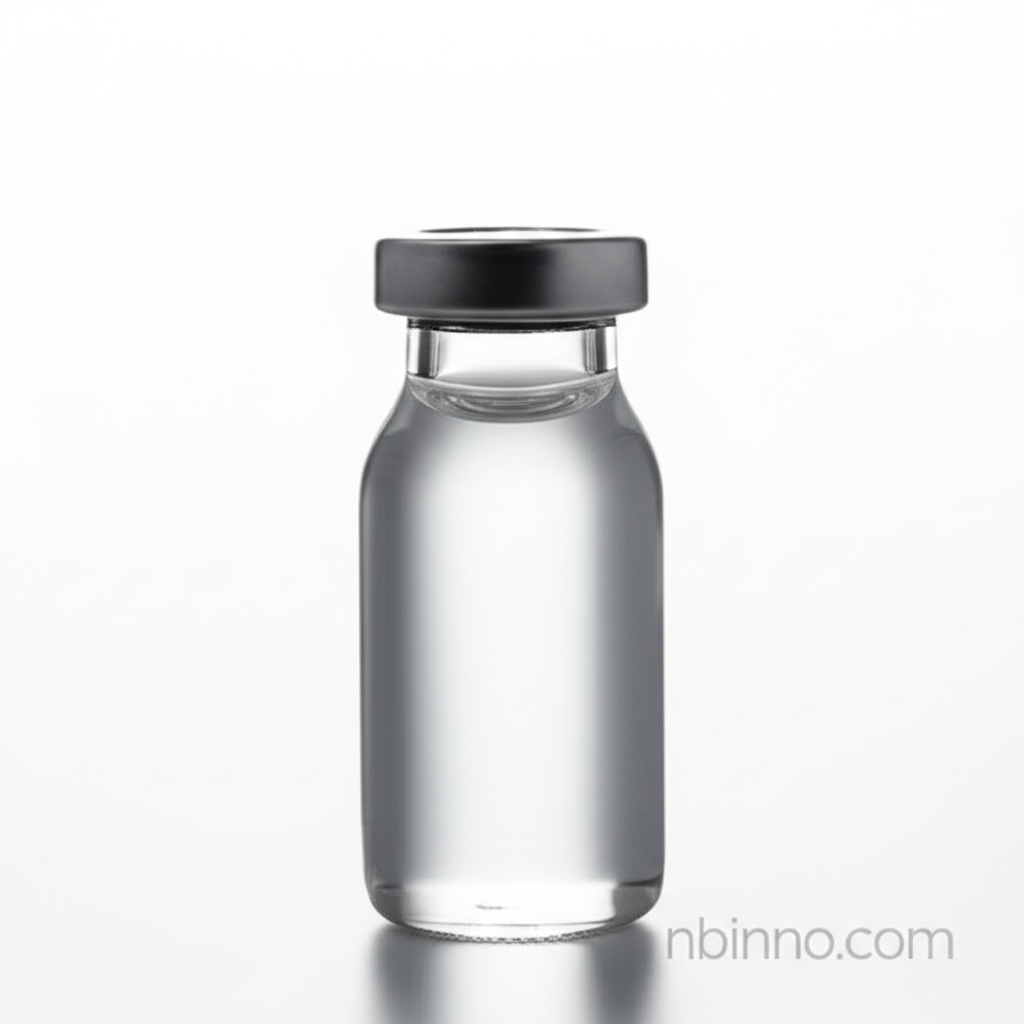Ethylene Glycol Monovinyl Ether (764-48-7): Properties, Applications, and Sourcing Guide
Discover the versatile applications and key properties of Ethylene Glycol Monovinyl Ether for your industrial needs.
Get a Quote & SampleProduct Core Value

Ethylene Glycol Monovinyl Ether
Ethylene Glycol Monovinyl Ether, also known as 2-(Vinyloxy)ethanol, is a crucial chemical compound with a wide array of industrial applications. Its unique chemical structure makes it highly valuable in the synthesis of polymers and as a versatile solvent in various manufacturing processes. This chemical intermediate plays a significant role in industries such as coatings, lacquers, and adhesives.
- Explore the essential properties of Ethylene Glycol Monovinyl Ether (CAS 764-48-7) to understand its suitability for your specific chemical intermediate applications.
- Learn about the diverse industrial uses of 2-(Vinyloxy)ethanol, from polymer manufacturing to its function as a reliable solvent.
- Understand the key specifications that define Ethylene Glycol Vinyl Ether's performance, including its boiling point and density, crucial for optimizing its solvent properties.
- Find out where to buy Ethylene Glycol Monovinyl Ether online and identify reliable suppliers for your industrial needs.
Advantages of Using Ethylene Glycol Monovinyl Ether
Versatile Solvent Capabilities
The Ethylene Glycol Monovinyl Ether CAS 764-48-7 applications are broad, particularly due to its effectiveness as a solvent for various resins, lacquers, and other organic materials, contributing to superior coating formulations.
Key Component in Polymer Synthesis
As a vital chemical intermediate, 2-(Vinyloxy)ethanol is instrumental in the production of diverse polymers, offering enhanced properties to the final products, a key aspect of polymer manufacturing.
Chemical Stability
Ethylene Glycol Vinyl Ether exhibits good chemical stability under normal conditions, making it a dependable choice for industrial uses where consistent performance is required.
Key Applications
Coatings and Lacquers
The solvent properties of Ethylene Glycol Monovinyl Ether are highly valued in the formulation of high-performance coatings and lacquers, ensuring smooth application and excellent finish.
Polymer Manufacturing
Its role as a chemical intermediate makes Ethylene Glycol Vinyl Ether crucial in the development of new polymers with tailored characteristics, impacting various sectors of polymer manufacturing.
Adhesives
The compound finds application in the creation of specialized adhesives, contributing to their formulation and performance characteristics.
Chemical Reagent
As a chemical reagent, Ethylene Glycol Monovinyl Ether is utilized in organic synthesis and various research activities, supporting innovation in chemical intermediate applications.
